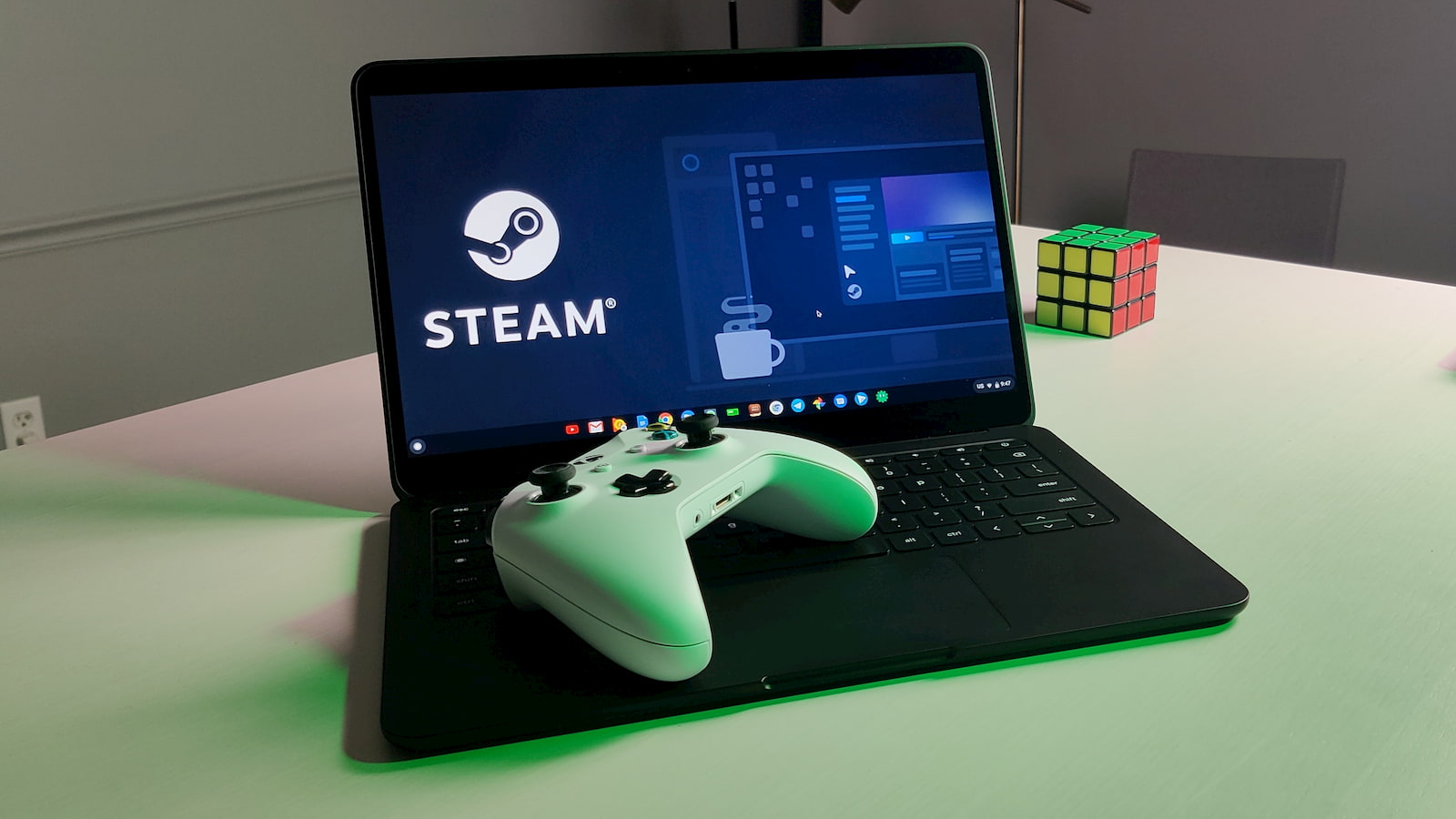
Gaming on Chrome OS has undergone some serious changes over the past year or so as platforms like Stadia and GeForce Now has given users the ability to stream high-performance games in the browser without the need for high-end hardware. That said, don’t think we’ve forgotten about the little Chrome OS project referred to by the quippy name Borealis. While many, if not most, big-name titles are or eventually will be available on some form of streaming platform, Steam is still a massive playground for gamers and Borealis aims to bring a custom-built version of the interface to Chrome OS.
I have installed Steam on multiple occasions on various Linux-enabled Chrome OS devices and while it works, the experience is far from what I would call an acceptable gameplay experience. A number of factors lend to diminished performance. First is the fact that Linux on Chrome OS is technically Debian running parallel to Chrome OS and accessed via a virtual machine. This setup never lends itself well to peak performance when a guest OS is being tunneled to the host even when they’re technically running on the same machine.
Second, and likely more important, is the fact that onboard graphics found on CPUs such as Intel’s Kaby Lake and Comet Lake family simply aren’t good enough to run a lot of the games found in Steam’s large library. I have installed Steam on a dual-booted Chromebook and even running games on bare metal doesn’t result in what I consider “good” gaming. Thankfully, the day is coming that Chromebooks will offer Intel and AMD processor options that have the horsepower to run many of the older games that you can’t find on Stadia and other streaming platforms. For me, that is Day of Defeat and other Source games like Half-Life which happens to be where Borealis got its namesake.
With the launch of Intel’s Tiger Lake family with its Xe graphics and the rumored AMD Ryzen 5000 series headed to Chrome OS in 2021, Chromebooks will finally have the graphics power needed to run Steam and its games smoothly. That’s why today’s discovery makes perfect sense and why we have a fairly solid idea of when we we finally see Borealis land on Chrome OS. Buried in a Chromium commit, we see a metric for Borealis that has an expiry date of 11/2021.
histogram name=”Borealis.Startup.NumAttempts” enum=”BooleanAttempted” expires_after=”2021-11-01
In and of itself, this doesn’t pinpoint when native Steam will land on Chrome OS but it is a good indicator that the Chrome OS team plans on having things zipped up by that date. Digging a little further into the commit, I discovered another comment that gives us a better look at what the current roadmap is for Borealis and it appears that we’re looking at mid-year for a “soft launch” if things go as planned.
I’d bump these a bit; we’ll want them in place for at least a few months into Soft Launch, which is currently slated for no earlier than Q2/Q3 2021. I set Borealis.Stability to 2021-10-01 for this reason.
Chromium Commit
If this timeline is correct, Intel Tiger Lake Chromebooks should have already hit the market and Borealis will be primed and ready to make its debut on hardware that can actually handle the workload. While it may seem insignificant to the average user, this feature will add yet-another stellar mark on the ever-widening Chrome OS resume and it opens the door to an entirely new market of users. These users are accustomed to paying top dollar for gaming rigs and now, they may be able to get in the game at a much more affordable price by making the move to a Chromebook. I’m excited to see these new devices as well as finally seeing a viable option for Steam games on a Chromebook. Summer of 2021 can’t get here fast enough.

Leave a Reply
You must be logged in to post a comment.